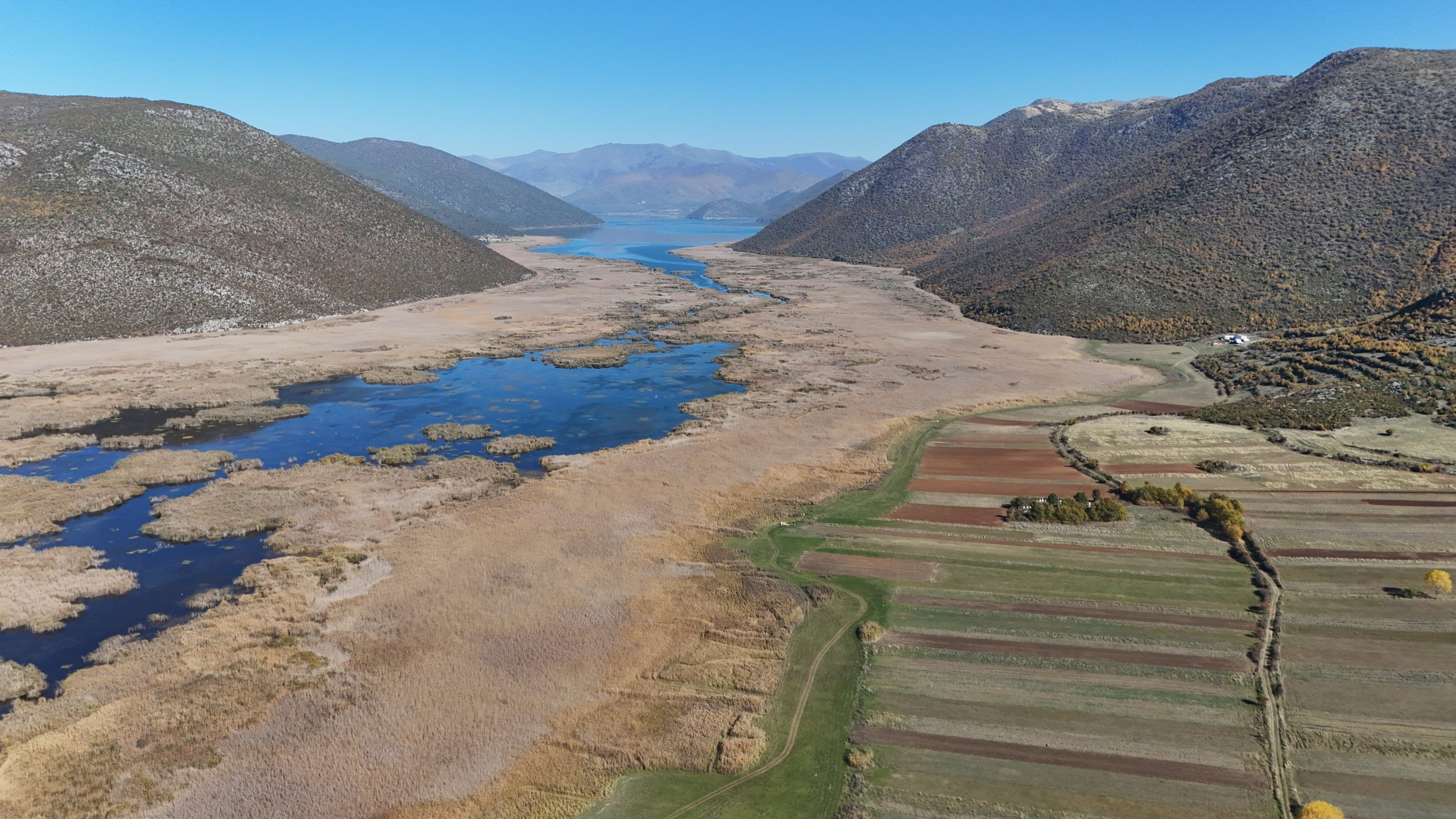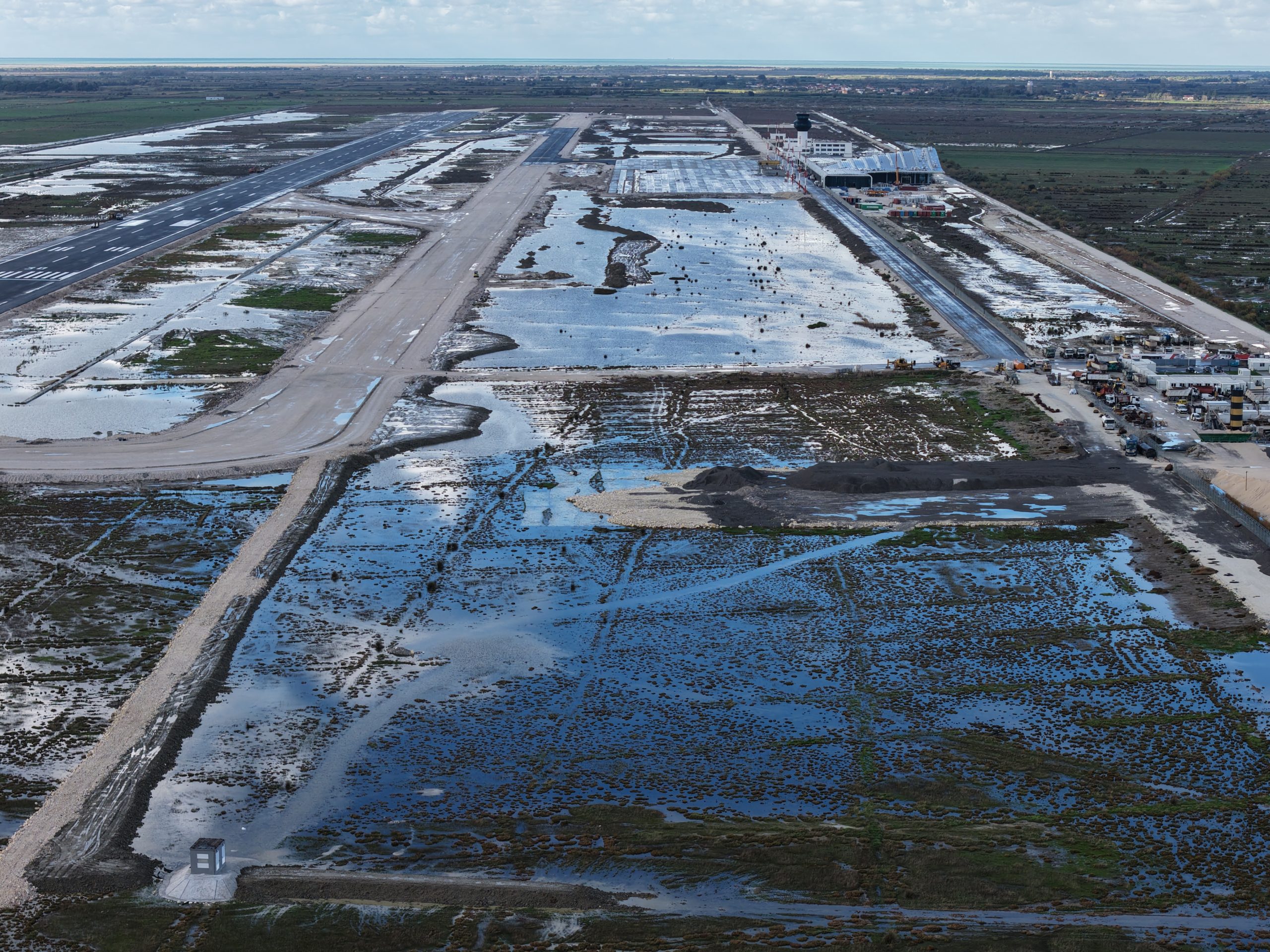Pesticides, initially designed to rid us of pests, bring with them hidden dangers when misused, casting a shadow over our daily lives and overall health. The consequences of mishandling these toxic substances reach far beyond their intended purpose, posing a grave threat to human health, particularly among vulnerable groups such as children.
In reality, a single misstep with pesticides can lead to unexpected accidents, affecting not only us but also our loved ones in ways we never could have imagined. This pressing issue becomes even more evident in the new BalkanDetox LIFE project video, underscoring the urgent need for increased awareness and decisive action.
The overlooked threat
While traditionally associated with agriculture, pesticides have quietly infiltrated various aspects of our lives. They extend beyond the confines of farmland, seeping into public spaces and making their way into our households through everyday items like paint, carpets, and food packaging materials. Whether organic or synthetic, these chemicals employ distinct methods to combat pests. The intentional release of these poisonous substances raises concerns as unintended exposure becomes a dangerous reality for us all.
Routes and risks of exposure
Pesticide exposure manifests through various avenues: occupational, agricultural, household, and indirectly through our diets. Among these, dermal exposure stands out as one of the most prevalent and perilous, posing threats during pesticide handling stages such as mixing, loading, disposing, and cleaning. Accidental oral exposure, with its severe poisoning risk, can result from intentional harm or unintentional accidents, underlining the pervasive threat of pesticide ingestion from poorly stored containers or contaminated water sources. The risk of respiratory exposure heightens when volatile pesticide components are inhaled, particularly in enclosed spaces. The eyes, too, are vulnerable to chemical harm, especially when granular forms of pesticides are forcefully applied. These multifaceted dangers underscore the pressing need for protective measures in our interactions with these substances.
Health implications beyond immediate concerns
The intricate relationship between chemical exposure and our bodies becomes apparent when we delve into the link between pesticides and various diseases. Scientific studies consistently establish a connection between pesticide exposure and the development or worsening of serious conditions, including cancer, hormone disruption, asthma, diabetes, allergies, and neurological disorders such as Parkinson’s disease. The impact on health is not solely determined by the toxicity of the chemicals but also by the extent of exposure, with certain populations being more susceptible to their harmful effects.
Children and vulnerable groups bear the heaviest burden
In this intricate web of pesticides, children, pregnant women, and the elderly seem most susceptible to these harmful effects. Children emerge as the most vulnerable due to their developing bodies, behaviors and physiology. The repercussions extend to birth defects, reduced birth weight, and fetal death. Research also reveals a troubling connection between pesticide exposure and childhood leukaemia, especially when mothers are exposed during pregnancy. The added layer of concern comes from the genetic susceptibility of some individuals to pesticide-related diseases, suggesting that certain people may be more at risk than others.
Protecting our health and environment
The impact extends beyond individual health, affecting the well-being of our society, underscoring the need for stringent measures to reduce the risks associated with pesticide misuse, especially when it comes to safeguarding vulnerable groups. The misuse of pesticides is not just a local concern; it is a global crisis that calls for collective action.
The BalkanDetox LIFE project is dedicated to addressing illegal wildlife poisoning and pesticide misuse in Albania, Bosnia and Herzegovina, Bulgaria, Croatia, Greece, the Republic of North Macedonia, and Serbia. Through a comprehensive project study, we aim to shed light on the far-reaching effects of pesticide misuse on human health across the Balkans. In confronting these challenges, our path forward is clear: we must foster greater awareness, reevaluate our choices, and commit to safeguarding not only our well-being but also that of our children and our environment.
About BalkanDetox LIFE:
The BalkanDetox LIFE project is a collaborative initiative aimed at combating illegal wildlife poisoning in the Balkans. The project works closely with seven Balkan countries to strengthen national capacities, raise awareness, and promote preventive measures to protect endangered species and preserve biodiversity in the region.
For more information, visit: BalkanDetox LIFE: New project combats illegal wildlife poisoning across Balkan countries – PPNEA



